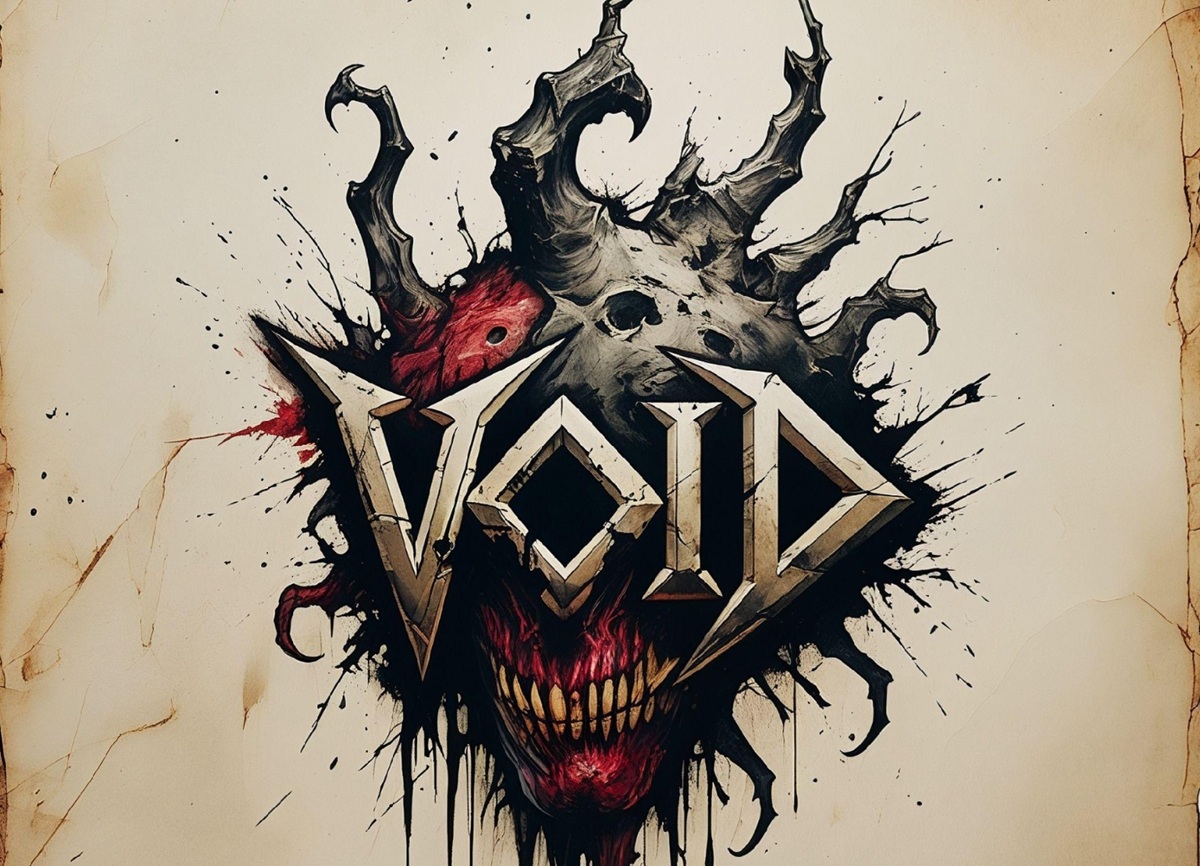Tainted Studios, a studio founded by triple-A game makers and Web3 trailblazers, unveiled its first title, V.O.I.D., a grimdark, team-based horde survival game that reimagines gameplay intensity and evolves game distribution economics.
Set in a collapsing world overrun by what’s being called ‘The Void’, V.O.I.D. is a player-versus-environment game that challenges players to survive wave-based horrors in brutal 3vAI matches where item mastery, team synergy, and precise execution determine who lives—and who vanishes into the abyss.
![]()

![]()